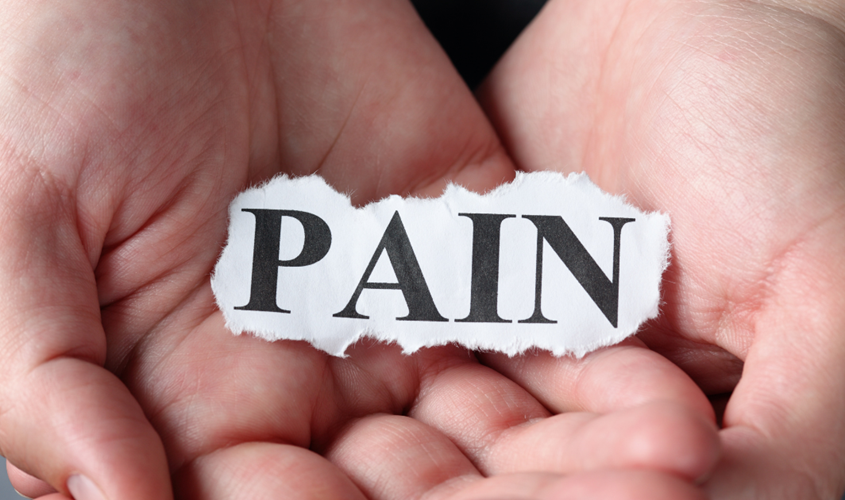Understanding Pain
Published: 02 August 2024

Pain is an important but unpleasant sensation that serves as a warning signal to our body. It can be caused by true tissue damage or even if the nervous simply interprets a stimulus as being potentially harmful.
The Mechanism of Pain
Pain is detected by specialised nerve endings in out body called nociceptors, which respond to potentially harmful stimuli. When stimulated, these nocioceptors send signals to the brain via the spinal cord, and the brain decides if an unpleasant signal should be send downwards to your tissue. Note the brain decides whether and how much pain should be experienced.
Evolutionary Purpose of Pain
Like we said pain is important, and we evolved to experience it for a number of reasons:
- Alert to Danger: Pain serves as an immediate warning system, alerting the you to potential harm so you can protect yourself
- Promote Healing: By causing discomfort, pain encourages behaviours that can be conducive to tissue healing eg not walking on a leg fracture
- Avoid Future Injury: Pain creates a strong memory of harmful experiences, encouraging you to avoid behaviours that could lead to the same injury
- Pain and Behavior Modification: The experience of pain will ultimately encourage you to avoid dangerous/ harmful stimuli which helps in ultimate survival
The Many Factors of Pain
Pain is a complex sensation, and there are hundreds or thousands of factors that may affect it. But we thought it would be worth discussing some significant, potentially modifiable factors that contribute:
- sleep - persistent poor sleep has been linked to persistent pain, possibly affecting the body’s ability to inhibit or reduce pain signal production
- stress - heightened stress/ release of cortisol (the stress hormone) may be a factor pain production (and can negatively affect sleep)
- beliefs - worrying thoughts around the cause of pain can heighten the pain experience (so it’s always important to share your thoughts with your health care professional so you can discuss)
- fear of pain - having fear of the physical experience of pain can contribute to a greater pain response, and may lead to unhelpful habits like avoidance/ inactivity
- anxiety - anxiety disorders can affect the hormones and chemicals of the body which help regulate pain, additionally anxiety can contribute to hyper-vigilance where one becomes over focused on their pain
- social support - having a lack of support from friends or family can lead to greater feelings of isolation and a great pain experience
There are many other factors that are poorly understood, or not yet touched on in the pain science field.
Disproportional Pain
We have touched on pain being a signal originating from the brain as a response to something potentially harmful. But it should be noted that the level of pain we experience is not always proportional to tissue damage. In fact, pain can be experienced without tissue damage at all, and there are many completely non-physical factors in our pain experience.
With this consideration, we know that in respect of physiotherapy it is okay to sometimes rehab or exercise into a little pain. And in many cases, those who are willing to rehab into some discomfort improve quicker.